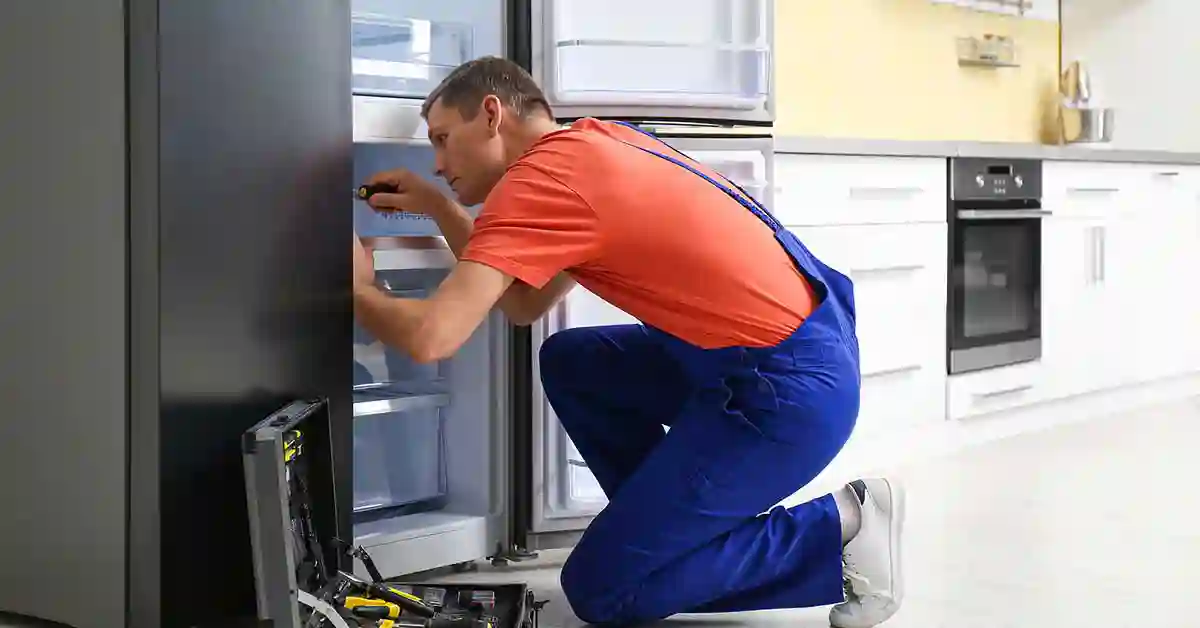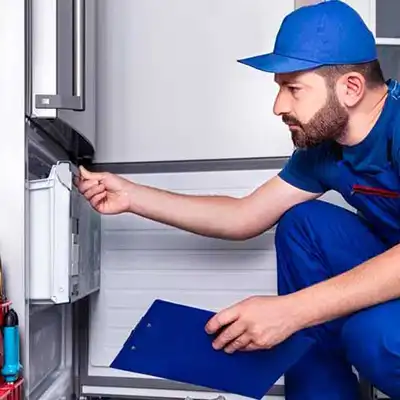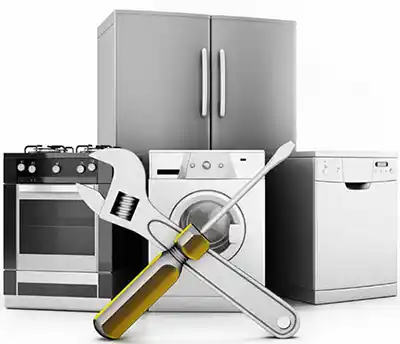
Table of Contents
- Understanding the Appliances Industry
- Acquiring Necessary Skills and Certifications
- Developing a Robust Business Plan
- Setting Up Your Business
- Procuring Essential Tools and Equipment
- Marketing Your Appliance Repair Business
- Offering Top-Notch Service and Building Reputation
- Implementing Customer Relationship Management
- Setting Up an Effective Billing and Invoicing System
- Scaling Your Appliance Business
- Final Thoughts
Step 1: Understanding the Appliances Industry
The appliance industry is a vibrant, evolving sector with enormous potential. This industry relies on the essential need for appliances in our daily lives, creating a strong market. We rely on appliances like fridges, washing machines, ACs, and microwaves. This creates a need for repair services from skilled technicians.
More appliance businesses will grow as households have more money and expensive appliances become more common. This is because households are becoming wealthier and are able to afford more expensive appliances. As a result, we expect the demand for appliance services to rise.
If you understand the industry well, you can develop a plan for starting an appliance business focused on repair and installation. This plan will incorporate the growth factors of the industry. By utilizing these growth factors, your business can thrive and succeed.

Step 2: Acquiring Necessary Skills and Certifications
Equipping yourself with necessary technical skills forms the bedrock of an appliance business. A comprehensive knowledge of different appliances, their working mechanism, and common issues that may arise is critical. You may choose to enroll in vocational training programs or take up apprenticeship opportunities.
Acquiring professional certifications can further bolster your credentials and increase customers trust in your services. Several renowned organizations, such as the International Society of Certified Electronics Technicians (ISCET) and the Professional Service Association (PSA), offer such certifications.
Review our guide on learning appliance repair
Visit our software for Appliance Repair businesses to help manage your operations
Step 3: Developing a Robust Business Plan
A well-thought-out business plan serves as a roadmap for your enterprise. It should outline your business objectives, target market, competitive analysis, pricing strategy, marketing plans, and financial projections. A strong appliance business plan will not only guide your operations but also attract potential investors.
Step 4: Setting Up Your Business
Once your appliance business plan is in place, it's time to establish your appliance business legally. This process involves choosing a unique business name, registering your business with state and local authorities, obtaining necessary permits and appliance licenses, and general liability insurance.
You'll need to decide on the structure of your business. The two most common options for business structure are sole proprietor or partnerships.
- Sole Proprietorship - If you're looking for a way to start your appliance business with minimal risk and give yourself total control, then the sole proprietorship might be right up your alley. However there are still many downsides when running this type of company; such as not being able protect any assets from financial ruin if things go wrong entrepreneurially speaking!
- Limited Liability Company (LLC) - liability is reduced by using an LLC, which puts company assets at risk instead of just your own.

Step 5: Procuring Essential Tools and Equipment
A business requires an assortment of appliance tools and equipment for repair. Depending on the range of household appliances you choose to service, you will need tools like multimeters, nut drivers, pliers, wrenches, and more. Procuring high-quality equipment is an investment towards efficient service delivery and customer satisfaction.
Step 6: Marketing Your Appliance Business
Marketing and getting leads for your appliance repair business plays a pivotal role in the growth of your company. Implementing strategic marketing techniques, both online and offline, can help attract and retain customers. Your marketing strategy should include a professional website, search engine optimization, social media presence, and local advertising. Offering excellent customer service and incentivizing referrals can also boost your business visibility.
Just starting? Try our Free Estimate Template
Step 7: Offering Top-Notch Service and Building Reputation
Last but certainly not least, delivering high-quality service is the cornerstone of a successful appliance business. Going the extra mile to meet customer expectations can help build a positive reputation and foster customer loyalty. Regular training for your staff, prompt and professional service, and fair pricing can set your business apart in this competitive industry. Strongly consider using tools such as job scheduling software to help manage operations.
Step 8: Implementing Customer Relationship Management
In this digital era, achieving sound client relations using CRM software can set your appliance business on a path to sustained success. A CRM system will help manage your customer database, track service history, automate follow-ups, and streamline overall operations. A well-implemented CRM system ensures high customer satisfaction, enhances business efficiency, and drives repeat business.
Step 9: Setting Up an Effective Billing and Invoicing System
An efficient billing and invoicing system is essential for your appliance business. It helps ensure timely payments and maintains financial transparency with your clients. Look for software solutions that offer features like automated invoicing, payment reminders, online payments, and detailed financial reporting.
Step 10: Scaling Your Appliance Business
Once your business has gained a steady footing in the market, consider scaling it to optimize profitability. This could mean expanding your service area, offering repair services for additional appliance categories, hiring more technicians, or even franchising your business model. Be sure to learn how to attract skilled field service technicians.
Remember, scaling your business requires strategic planning and may necessitate additional investment. Ensure that your business is financially stable and has consistent demand before you decide to scale.
Final Thoughts
Launching a successful appliance business requires a blend of technical acumen, strategic planning, and customer-centric service. By systematically following these steps, you can establish and grow a thriving appliance company for repair and/or installation. Remember, the key to long-term success lies in continual learning, adapting to market trends, and consistently exceeding customer expectations.
